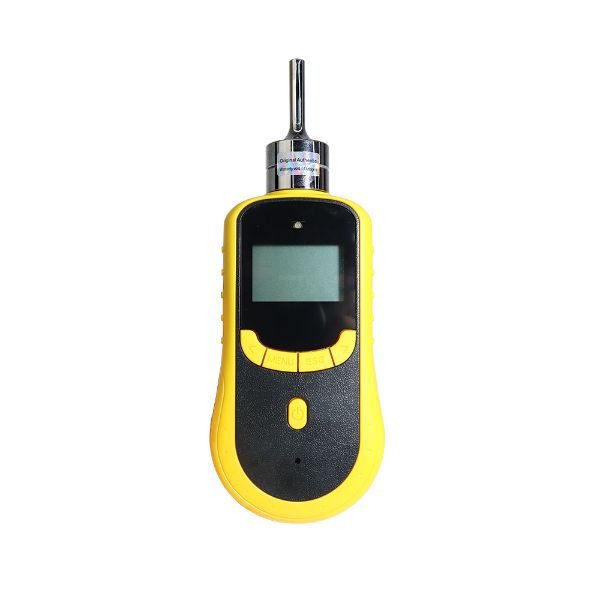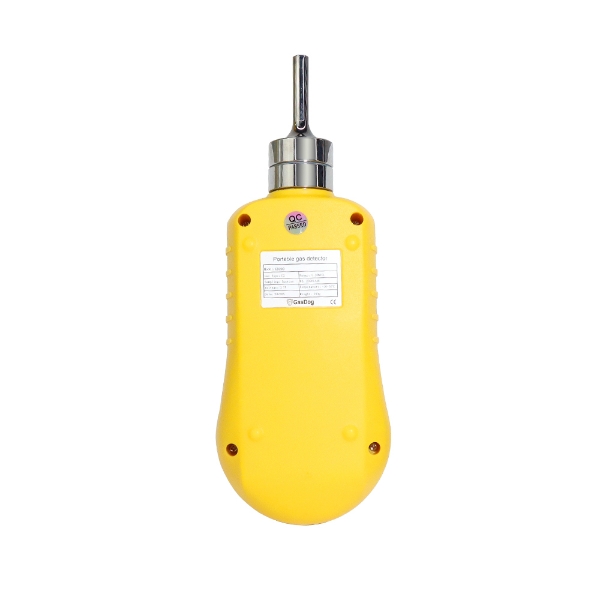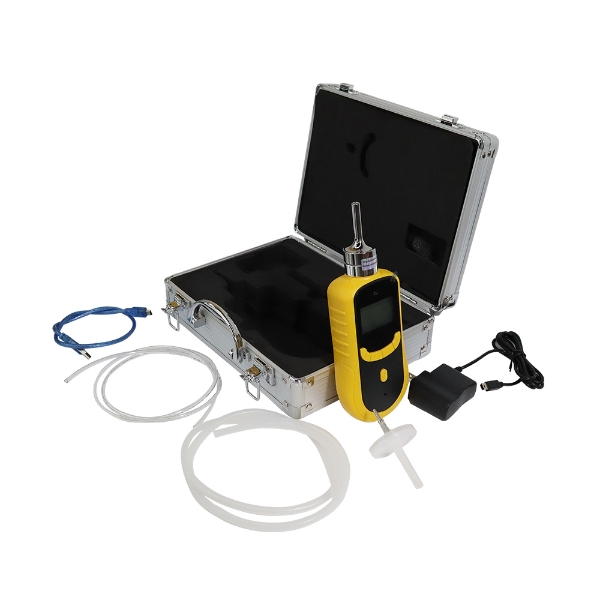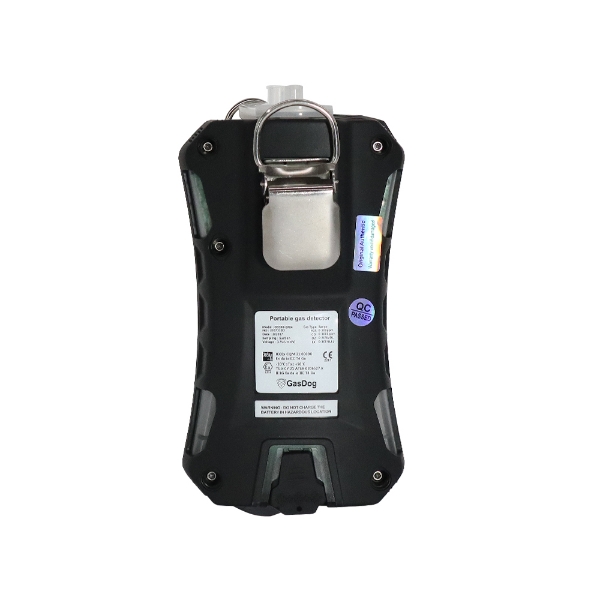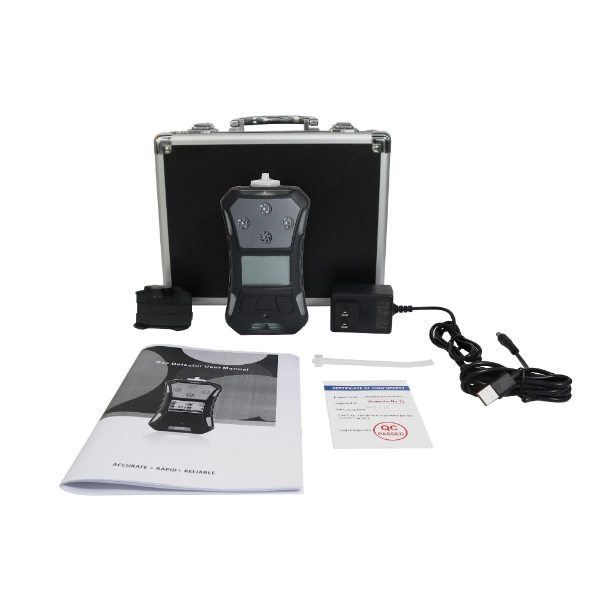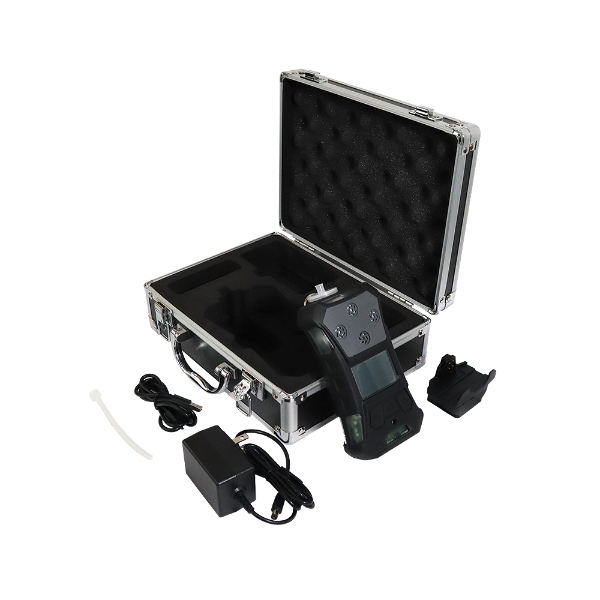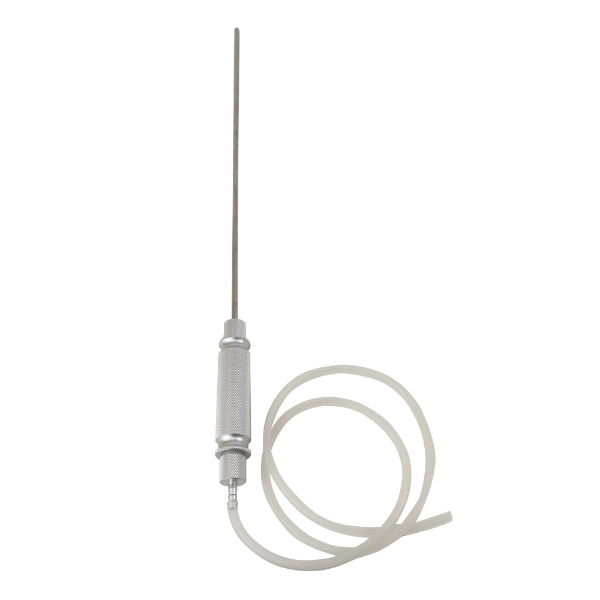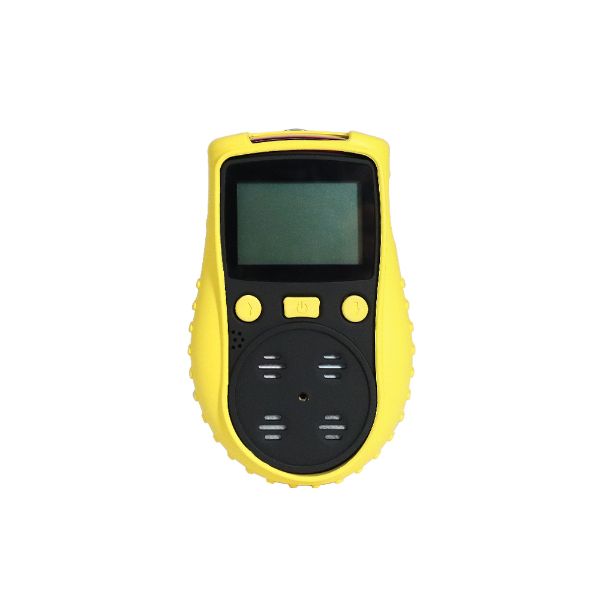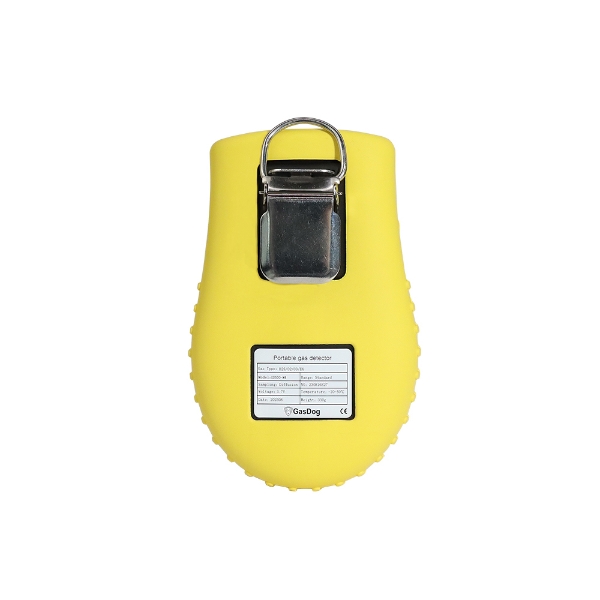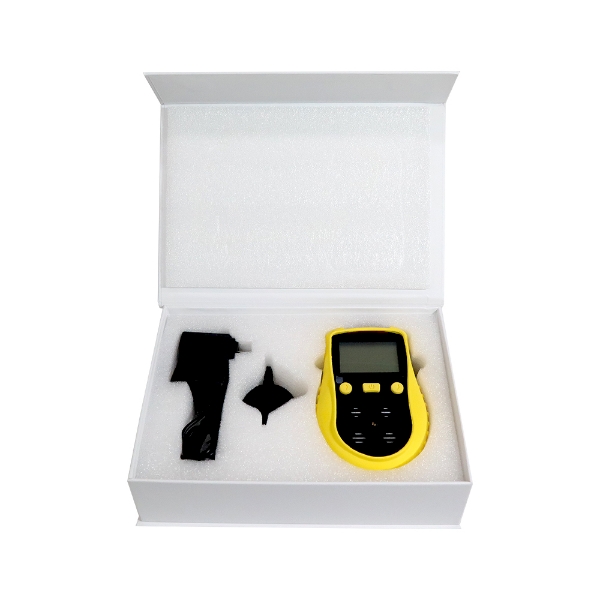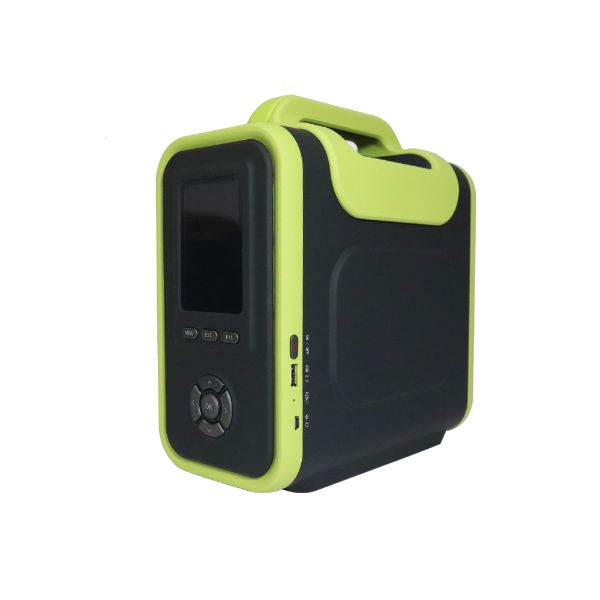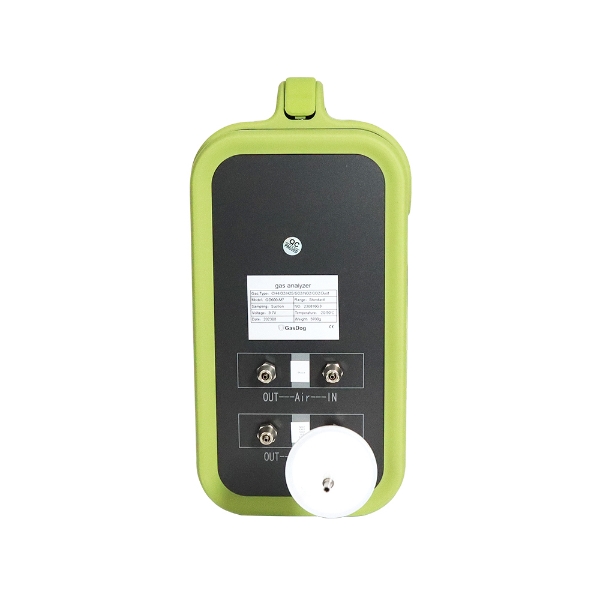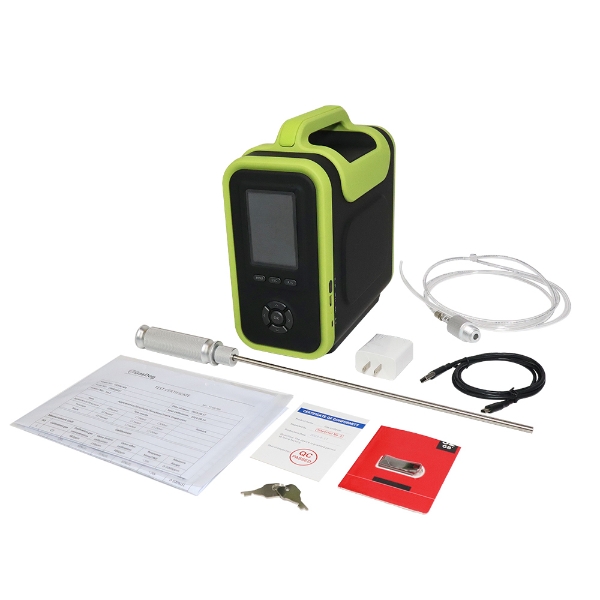Close
-
You have no items in your shopping cart.
- Register
- Log in
- Wishlist
- Shopping cart
Close
Menu
Close
- Home /
- Shop /
- Toxic Gas Detectors /
- Portable Hydrogen Chloride (HCl) Gas Detector
WRITE YOUR OWN REVIEW
RELATED GAS DETECTORS
Portable Ammonia (NH3) Gas Detector
GD200-NH3
Portable Ammonia NH3 detector for sale online. It is a handheld gas detector to monitor NH3 gas concentration, with optional measurement ranges from 0-50ppm, 0-100ppm, 0-200ppm to 0-500ppm, ideal for personal, home and industrial use.
$827.22
Explosion Proof Multi Gas Detector, 4 Gas, CO, H2S, O2, LEL
GD400-4GAS
Buy a cheap GasDog multi-gas detector to monitor 4 gases (O2, H2S, O2, and EX) concentrations at the same time. It is a portable gas detector, equipped with a high-quality gas sensor, sound alarm, and ATEX explosion-proof certifications.
$765.87
Handheld 4 in 1 Multi Gas Detector, CO, H2S, O2, EX
GD500-4GAS
GasDog 4 in 1 gas detector can detect and monitor CO (0-1000ppm), H2S (0-100ppm), O2 (0-30% VOL) and EX (0-100% LEL) simultaneously. Handheld multi-gas detector equipped with a back clip, protected by silicone case, ideal for confined space, home and fire service.
$448.98
Portable Multi Gas Analyzer, 4 Gas, NO2, SO2, CO, O3
GD600-GAS
Portable gas analyzer for sale on GasDog. This handheld multi gas analyser can detect 4 gases, including NO2 (0-10ppm), SO2 (0-10ppm), CO (0-20ppm), and O3 (0-10ppm), with high definition LCD display to show the measurement data, 1-18 kinds of gases can be customized.
$6,751.35
"Gas Dog: Gas Detection is as Accurate as a Sniffer Dog's Nose."
CUSTOMER SERVICE
Copyright © 2024 GasDog.com. All rights reserved.

